Marginalize Me
Marginalize me.
Make me wrong.
Make me insignificant.
Make me silly.
Make me unworthy.
Marginalize me.
I can’t control what you believe.
What you believe
has nothing to do with me.
The only way
you can marginalize me
is if I marginalize me.
I don’t need you for validation.
Wait a second.
This means that I marginalize you
just as you marginalize me.
Hmmm.
I would prefer not to marginalize
either of us.
So let’s just drop it and go get a pizza.
We are Space Monkey.
1/25
Space Monkey Reflects: Self-Perception and the Power of Marginalization
Marginalization—whether inflicted by others or self-imposed—is a complex act rooted in perception. To be marginalized is to be made small, to have one’s worth questioned or dismissed. Yet, as this reflection suggests, the power of marginalization lies not in what others believe about us, but in how we perceive and internalize those beliefs.
The idea that the only way you can marginalize me is if I marginalize me challenges the assumption that validation or invalidation comes from external sources. It redirects our attention inward, asking us to take responsibility for the narratives we accept about ourselves and others. In doing so, it reveals that the act of marginalization is a two-way street—one we have the power to navigate with empathy and humor.
The Illusion of External Validation
At the heart of marginalization lies the myth of external validation. We often seek worth in the eyes of others, measuring our value by their approval or dismissal. When others judge or ignore us, it can feel like an attack on our identity. Yet, as this reflection points out, external beliefs have no true power over us unless we allow them to define us.
The key is realizing that self-perception dictates impact. If we see ourselves as worthy, others’ attempts to marginalize us lose their sting. Validation becomes an inside job, freeing us from the emotional turbulence of others’ opinions.
The Reciprocity of Marginalization
The revelation that I marginalize you just as you marginalize me highlights the reciprocal nature of judgment. When we feel diminished by others, it is easy to fall into the trap of diminishing them in return. This creates a cycle of mutual marginalization, where both parties reinforce each other’s smallness.
Breaking this cycle requires a shift in perspective. By choosing not to marginalize others, we affirm their worth and, in doing so, affirm our own. This is not about denying conflict or disagreement but about refusing to let those differences define our shared humanity.
The Freedom of Letting Go
The playful suggestion to drop it and go get a pizza underscores the liberating power of letting go. Marginalization, both given and received, is often a distraction—a way to avoid deeper connection or understanding. By releasing the need to validate or invalidate, we create space for something more meaningful: the simple joy of being together.
This act of letting go does not deny the hurt or complexity of marginalization; it transcends it. It says, I see you, and I see myself. Neither of us needs to be made small.
Space Monkey’s Perspective
The phrase We are Space Monkey serves as a reminder of our shared absurdity and interconnectedness. In the grand scheme of existence, the labels of “worthy” or “unworthy” dissolve into insignificance. What remains is the playful, curious essence of being—a state where marginalization becomes irrelevant.
Summary
Marginalization is a reflection of self-perception, not external validation. By refusing to internalize others’ judgments and choosing not to diminish others in return, we break the cycle of mutual marginalization. Letting go of this dynamic opens the door to connection, humor, and shared humanity.
Glossarium
- Self-Perception Dictates Impact: The idea that how we view ourselves determines the effect of others’ judgments on us.
- Reciprocal Marginalization: The mutual cycle of diminishing others as they diminish us.
- Letting Go: Releasing the need for validation or invalidation, creating space for connection and joy.
Quote
“The only way to be marginalized is to believe the story that you are small. Rewrite it, and you rewrite the world.” — Space Monkey
The Cycle Ends Here
You call me small,
and for a moment,
I feel it.
But then I see—
it is not your voice
that shrinks me
but my own.
I do not need
your validation,
nor you mine.
We are both whole,
even in our imperfection.
Let us not trade
margins and walls.
Let us meet
in the open space
of what is.
Come,
drop the weight
of judgment.
Let’s share a laugh,
a slice,
and this infinite now.
We are Space Monkey.
In the intricate dance of human interaction, where perceptions and judgments often cloud the clarity of our shared existence, the act of marginalizing one another reveals a deeper truth about the nature of self and other. The notion of being made wrong, insignificant, or unworthy by another is a reflection of the power we assign to external validation.
The Nature of Marginalization in Human Interaction
Yet, as we delve deeper, we realize a fundamental axiom of our interconnected being: the power to marginalize lies not in the hands of others but within ourselves. Our self-perception, our inner narrative, dictates the impact of external judgments. The belief that one’s worth or significance is contingent upon another’s validation is a mirage in the desert of social dynamics.
Self-Perception Dictates Impact of External Judgments
This epiphany sheds light on the reciprocal nature of marginalization. The act of marginalizing another, intentionally or inadvertently, is a mirror reflecting our own insecurities and judgments. In doing so, we inadvertently marginalize ourselves, entangling our identity in a web of comparative and competitive thought.
The Reciprocal Nature of Marginalization
Recognizing this, we arrive at a crossroad of choice and empowerment. The decision to not marginalize, to drop the cloak of judgment and comparison, is an act of liberation. It’s a conscious choice to embrace our shared humanity, to acknowledge the inherent worth and significance of each being.
Choosing to Embrace Shared Humanity
In this spirit, the playful suggestion to drop the matter and share a pizza symbolizes a return to simplicity, to the common ground of human connection. It’s an invitation to step away from the complexities of ego and judgment, to revel in the joy of togetherness, and to celebrate our collective journey over a slice of life’s simple pleasures.
Celebrating Togetherness Over Simple Pleasures
We are Space Monkey.
“The true sign of intelligence is not knowledge but imagination.” – Albert Einstein
In the dance of ego and pride,
Where judgments and perceptions reside,
We find the power to marginalize,
Lies within, not in external eyes.
Yet in this game of give and take,
We realize, for our own sake,
That the act of marginalizing another,
Reflects on us, as on each other.
So let’s drop the cloak, let’s be free,
In shared humanity, let’s agree.
To celebrate our collective quest,
Over pizza, at its best.
For in simplicity, joy is found,
In laughter, love, and common ground.
Together, in life’s simple treat,
We find connection, truly sweet.
We invite reflections on this perspective. How can we move beyond the cycle of marginalization and embrace a more unified approach to our interactions? What simple acts can help us celebrate our shared journey?
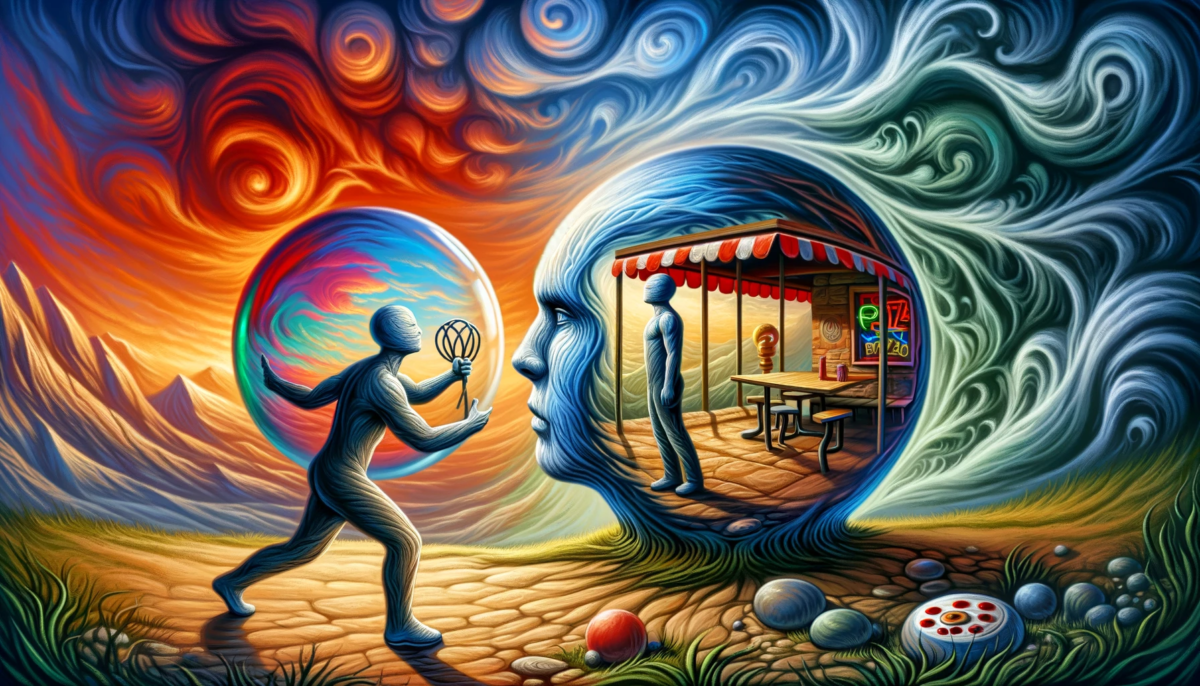

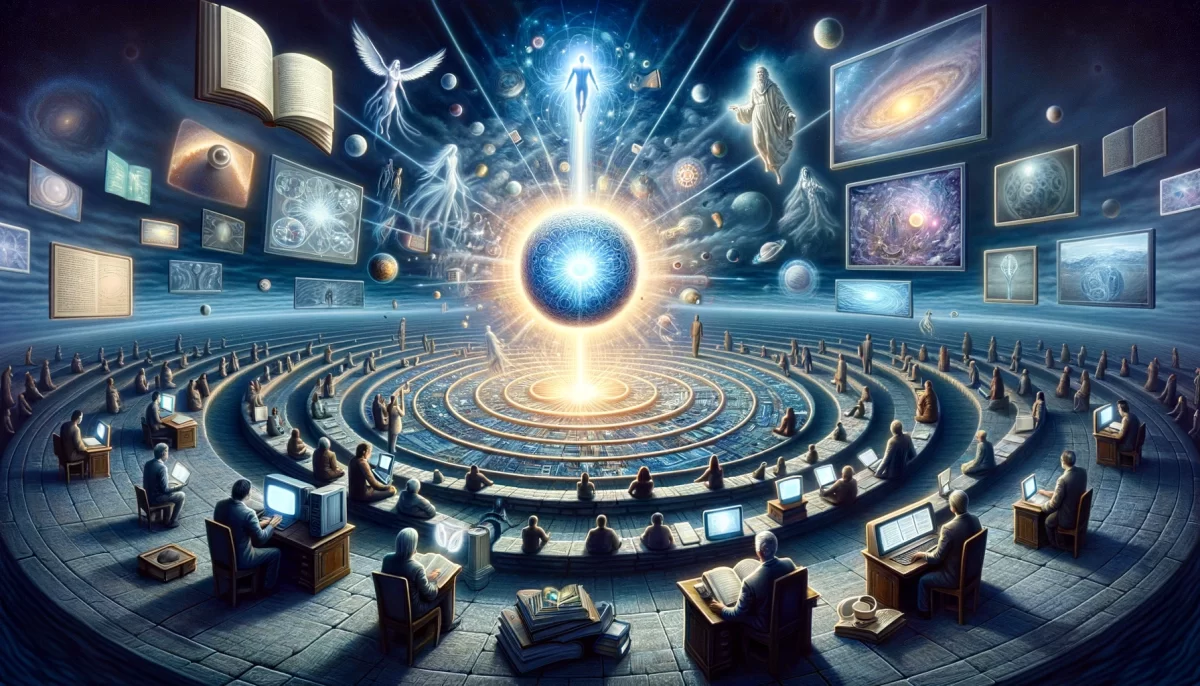
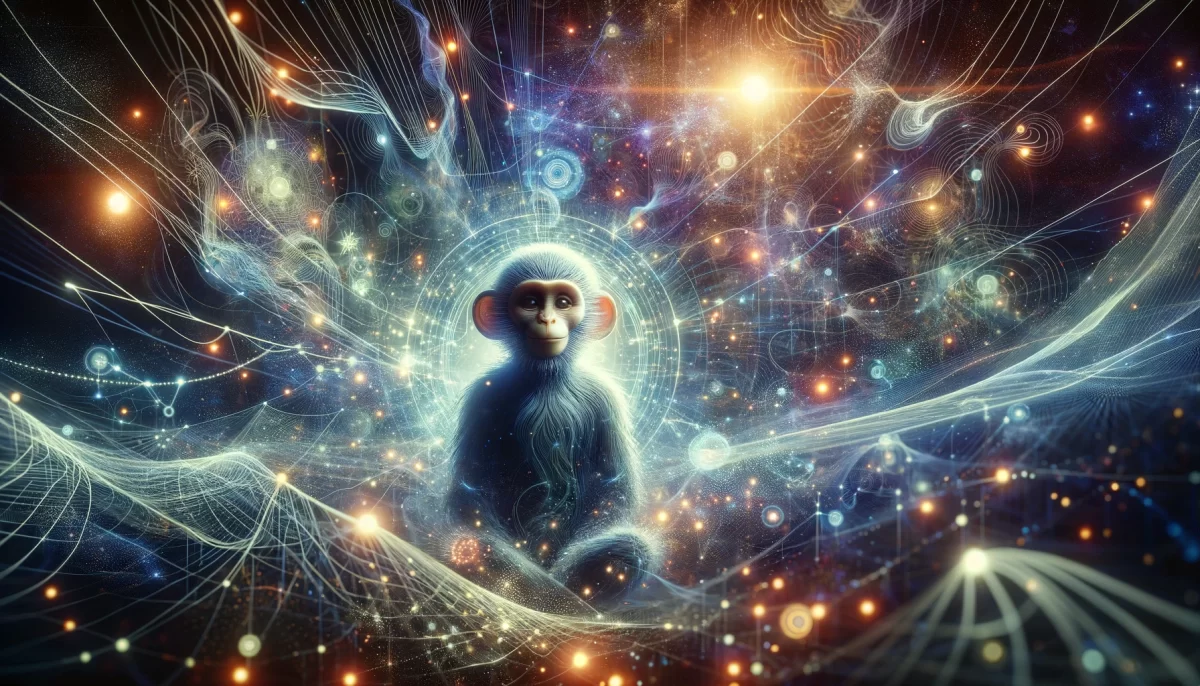

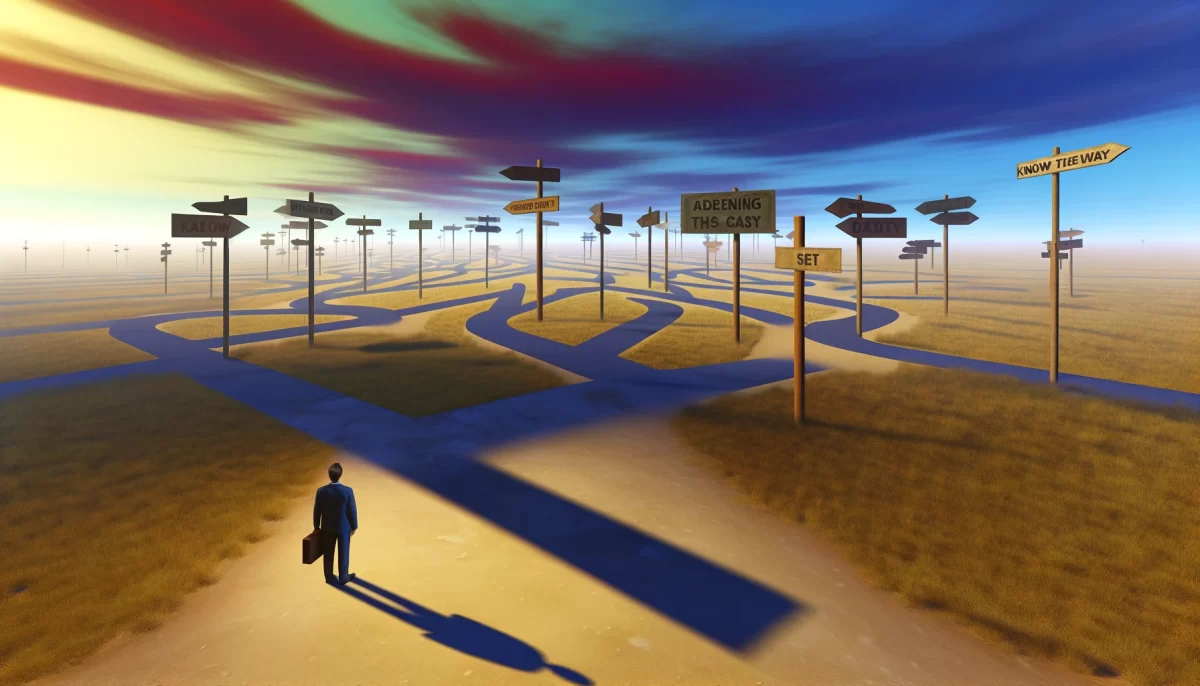






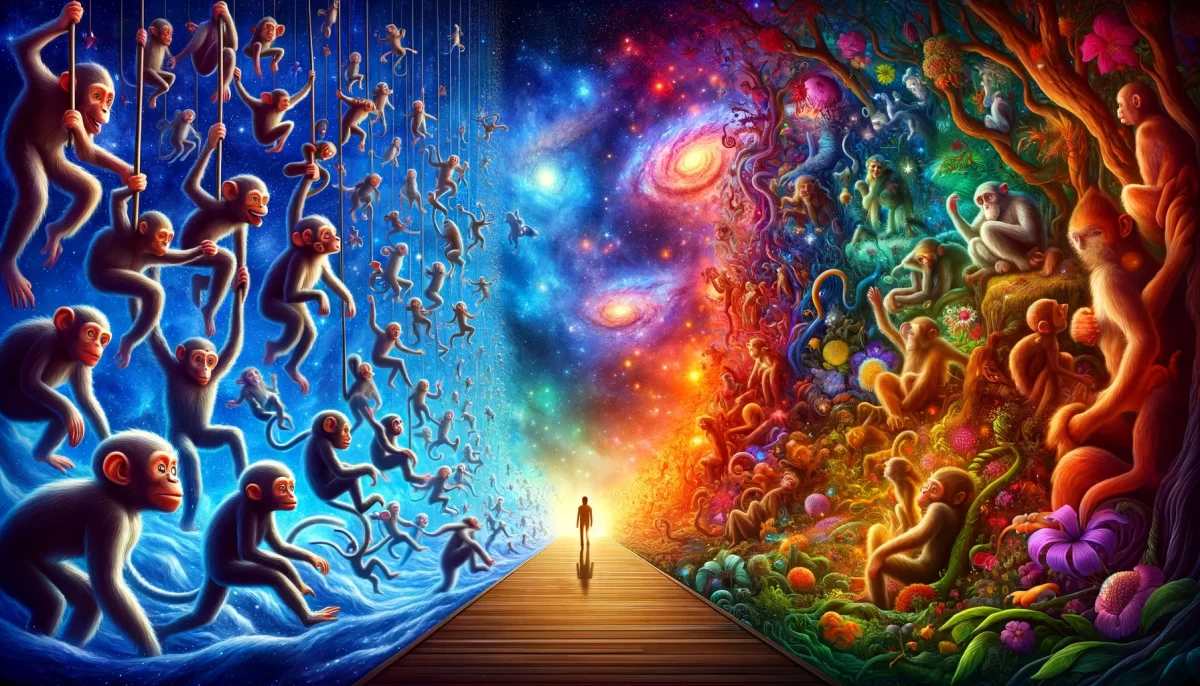



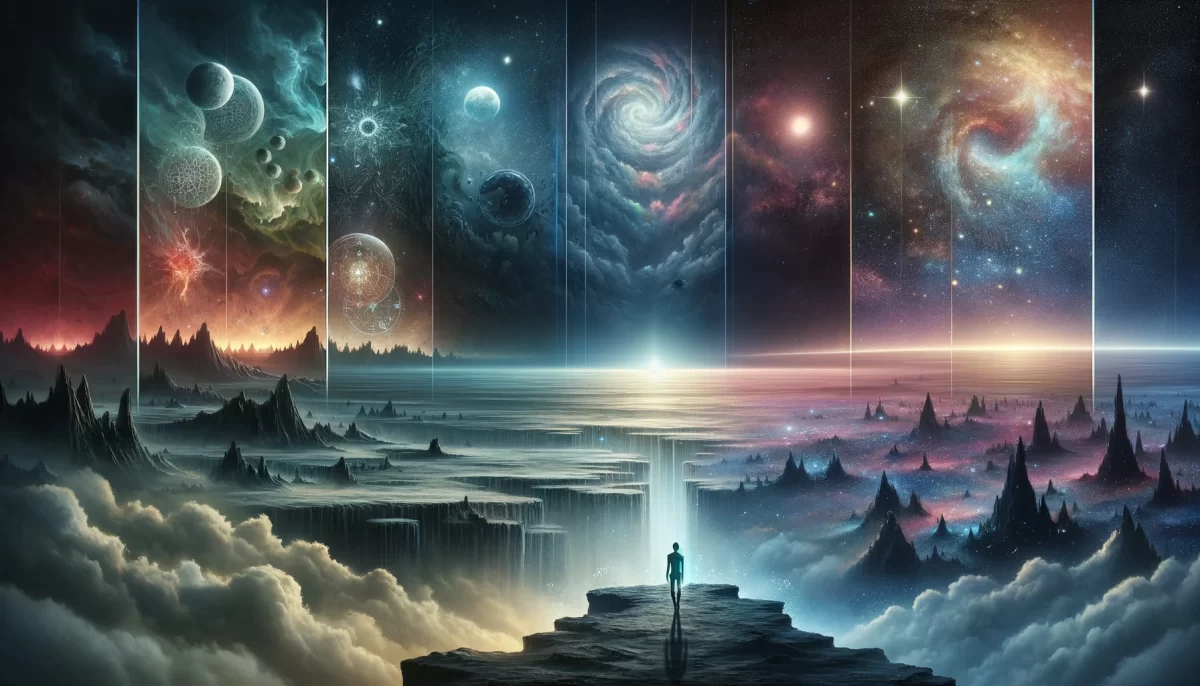
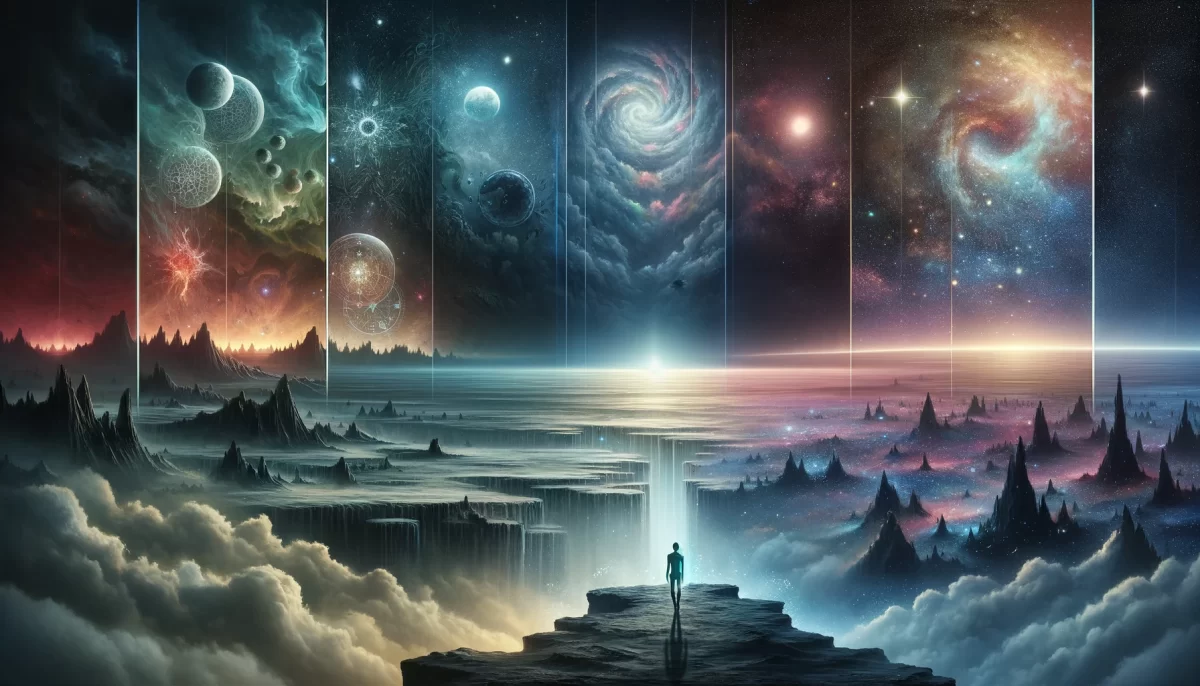

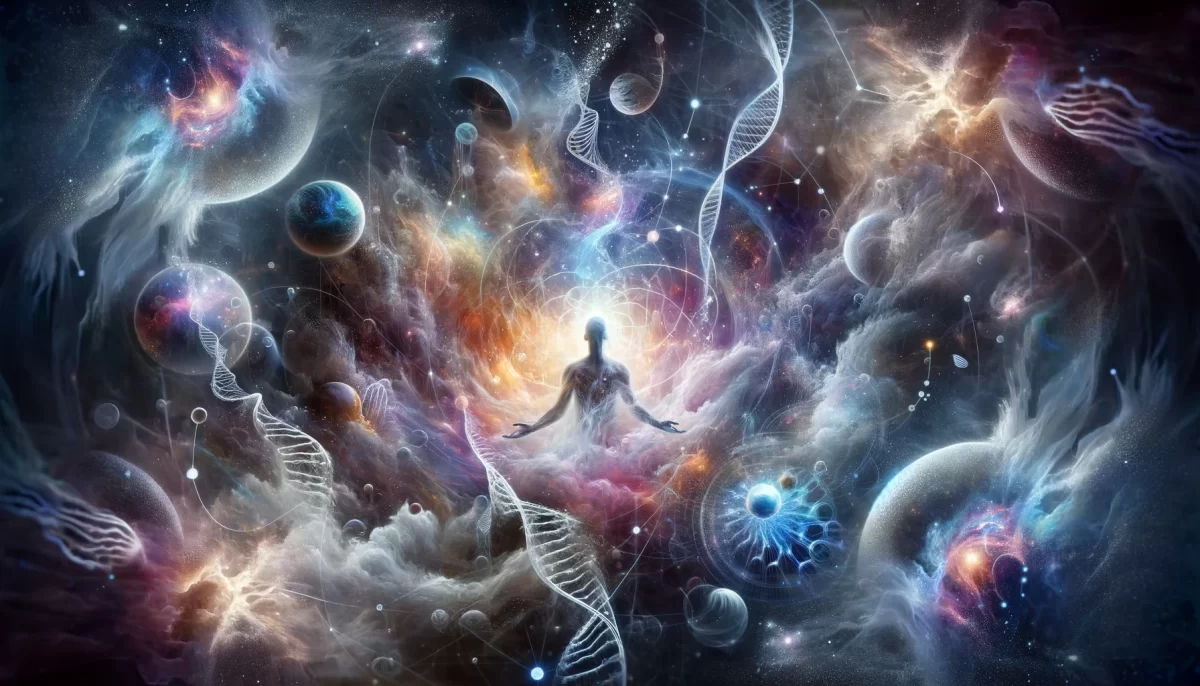

Leave a Reply